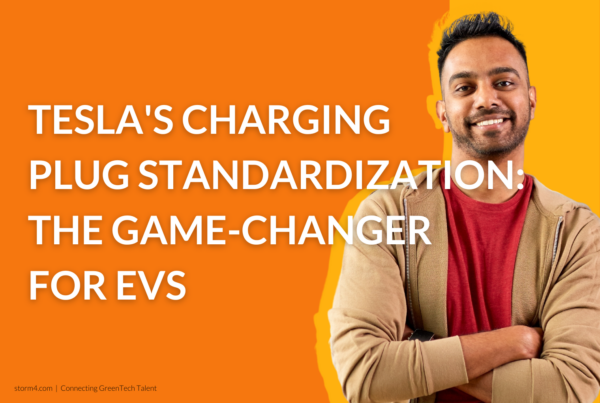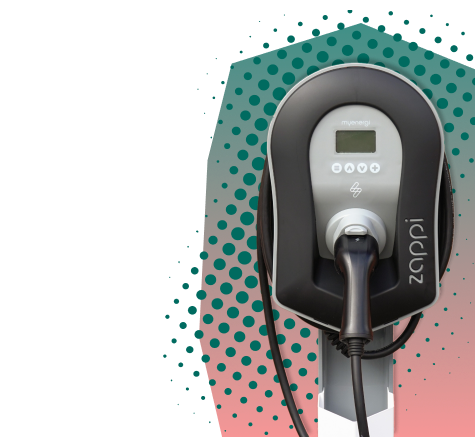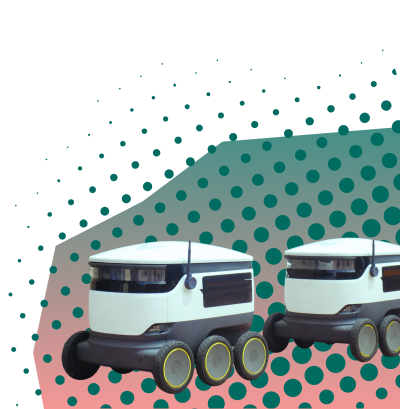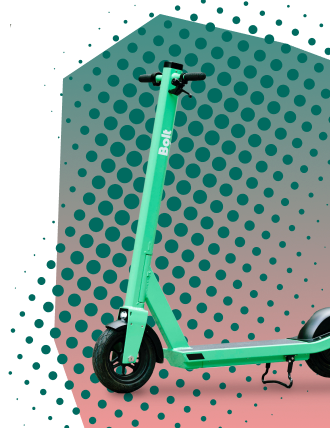When Cities And Data Collide
From smart streetlights that automatically turn off when the street is empty, to intelligent systems to improve transportation networks, the power of data is helping cities find innovative ways to tackle urban problems. Worldwide, leaders are investing trillions of dollars into intelligent solutions to transform how people live.
Defined as ‘a place where traditional networks and services are made more efficient with the use of technologies for the benefit of its inhabitants and business’, more than half of the world’s population live in urban hubs. By 2050, the UN projects this number will grow to 68%.
Big data technologies have become essential to the functioning of smart cities, increasingly being used to tackle sustainability in light of the growing urbanization trend. In this article, we investigate how the emerging data-driven smart city is making everyday life easier while maximizing the use of resources.
How Big Data Has Transformed Smart Cities
-
Improved mobility
Technology offers some promising solutions to deal with rising traffic and congestion in cities. Data can adjust public transport routes in real-time according to demand, and intelligent traffic light systems can be used to improve congestion. In Hangzhou, China, an AI-based smart “City Brain” has helped to reduce traffic jams by 15%.
‘Mobility as a Service’ (MaaS) creates a multimodal network in which transport is provided as a service to offer citizens an alternative to the private car. Great examples are Paris’ 15-minute neighborhood and Ghent’s car-free center. The key to making MaaS work is offering seamless journeys, requiring data information such as real-time routes, schedules and wayfinding apps.
-
Better resource management
Telecommunications giant, Telefonica, has invested heavily in smart city technology in Spain. One of their initiatives is attaching sensors to trash containers to report, in real-time, how full they are. This bottom-line approach measures what bins are close to overflowing, which is far more useful than how many waste collection trucks are in use.
Predictive maintenance can be used to reduce risks and decrease costs across cities. Kansas City, Missouri, uses data analytics and sensor technologies to save $1billion in infrastructure costs associated with a $4.5billion smart sewer project. This program improves water quality and regenerates ageing infrastructure systems throughout the city’s sewer structures.
-
Enhanced energy efficiency
Data analytics can be used to reduce energy consumption in smart cities. In Amsterdam, homes are provided with smart energy meters that are designed to incentivize reduced energy consumption, whilst the city of Schenectady, New York, is installing LED streetlights that adjust or dim.
Founded on a mission to provide a solution to sourcing long-term, sustainable energy, Ohmconnect rewards members who have used less energy than forecasted. This supports power plants with inefficient power due to high usage.
-
Built a connected smart community
Founded on a mission to provide citizens with practical and useful information, new businesses are taking advantage of the immense city data available. NextBus uses metropolitan transportation data to inform commuters of the time of bus arrivals along their route. Its mission is to make public transportation more efficient and appealing so more people will use it. Commuter apps like this have become common in cities in the U.S. and around the world.
SpotCrime was launched to help users decide where to live, where to operate a business, or simply where to walk at night. It collects, analyzes, and maps crime statistics to inform city dwellers which areas are safest or most dangerous and to offer crime alerts.
Responcer uses a simple visual system to allow anyone in the city to call from a smartphone for specific emergency help, including police, fire, and ambulance services.
Addressing The Challenges Of Data-Driven Smart Cities
The emergence of smart cities is unleashing new data streams with huge potential to improve city services. However, this is putting cities at the forefront of debates over the ownership and use of data. National and international data privacy regulations have an important role to play in ensuring the acceptance of many smart city innovations.
A lack of data skills is one of the biggest barriers to effectively use big data for city management. Managing and analyzing large datasets and developing insights for effective policymaking require skills that are in short supply.
If you are looking to build your data team within your smart startup, get in touch. Our Consultants can connect you with their vast network of top data talent in the green technology marketplace.
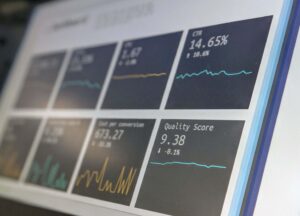
The ability to harness real-time, granular data across a wide range of city operations and services will change the way the urban environment is managed and lived. To prepare for this new environment, cities need to establish a city data strategy, build their analytics capacity, and work with energy companies to establish a data commons that benefits all.







